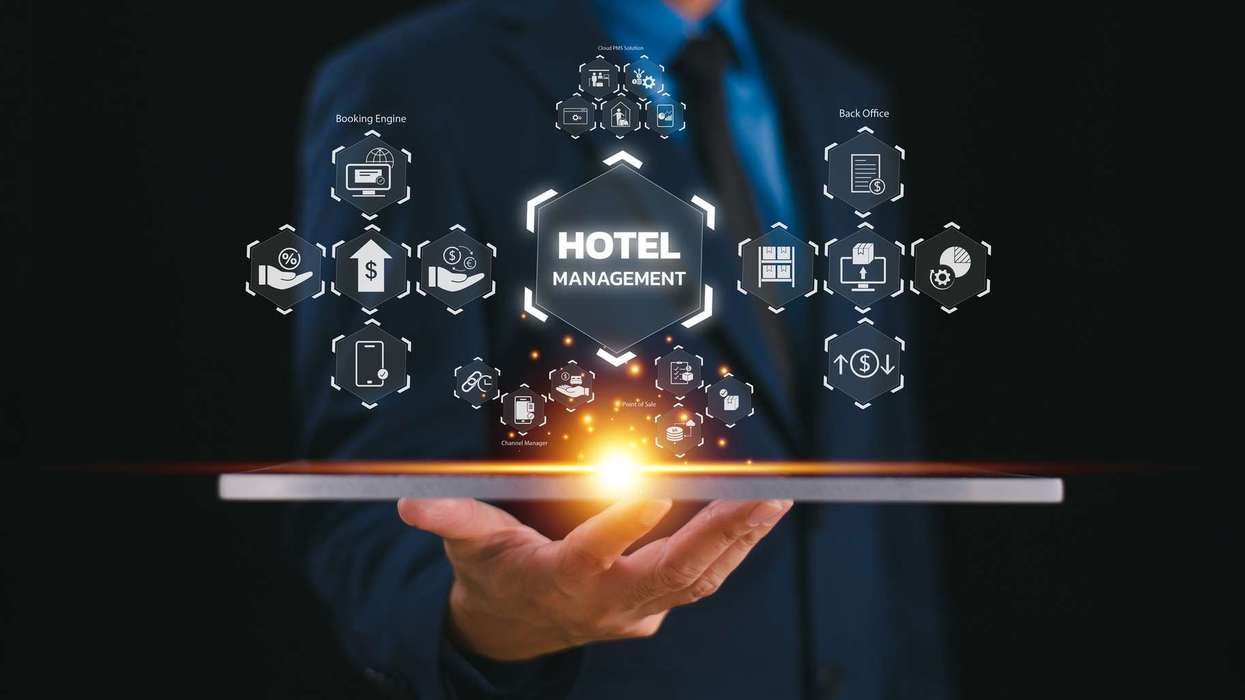STAYNTOUCH, A CLOUD-BASED hotel property management software developer, recently launched UpsellPRO, an attribute-based selling platform that allows hotels to unbundle room reservations and market individual room features to guests during the booking process. The launch followed a report stating that half of respondents with a booking window over one month would pay more for ABS, Stayntouch said in a statement.
“Attribute-based selling is giving travelers a degree of control over their hotel stay that they never thought possible, and hoteliers can deliver this experience without overwhelming themselves with unmanageable processes,” said Nicole Dehler, Stayntouch’s vice president of product. “The best part about today’s ABS deployments is they can be delivered directly through the hotel PMS, automating inventory and room management without relying on a convoluted network of connected systems.”
Dehler said any hotel can leverage upselling to enhance service delivery and boost revenue growth organically, in a way that guests love.
Experts weigh in on ABS technology
Stayntouch assembled a panel of experts, including Flo Lugli, founder and principal of Navesink Advisory Group; George Roukas, president of GAIPAN and advisor of AI business application at DataArt; John Burns, president of Hospitality Technology Consulting; Klaus Kohlmayr, chief evangelist at IdeaS; and Dehler, to assess the current and future benefits of ABS technology.
The experts found that ABS technology would enhance control over the booking process, aligning the hotel experience with guest expectations, the statement said. It would increase visibility of property attributes and automate inventory management, boosting upselling opportunities and operational efficiency. Additionally, it would improve price transparency, dynamic pricing, and personalization.
“Generally, implementing ABS will increase engagement with your hotel’s shopping cart as more attributes are listed for purchase,” said Kohlmayr. “While this means hotels with more diverse offerings currently have more ways to benefit from ABS, we are quickly learning about new attributes guests value and new ways to deliver existing attributes in a way that improves the guest experience. A no-frills experience may come with a lower price tag for business travelers willing to stick to the basics, while leisure travelers can sculpt the trip of their dreams without finding an unexpected upcharge during checkout.”
Kohlmayr said the technology now requires a simpler tech stack and has staggering potential to revolutionize hotel profitability.
Understanding guest preferences
The greatest benefit for hotels from ABS is their ability to gain more insight into the guest preferences and offer more personalization opportunities to travelers, said Lugli.
“For ABS to gain traction, however, the hospitality industry must come to a consensus on how to speak about the technology and better define what it is. Doing so is a necessary step toward having all parts of the hospitality tech stack aligned in identifying and inventorying attributes across the hotel, such as the hotel bed, the guestroom view, its location on property, and more,” he said.
Lugli also said that as the industry matures with ABS, it will be crucial to learn from the airline industry's unbundling efforts to avoid harming consumer relations and creating ‘shopping fatigue’ from too many choices.
Attract bookings
Hotels that can truly implement ABS and begin delivering experiences based on it will have a significant advantage when attracting new bookings, said Roukas.
“Consumers naturally want to purchase goods and services this way, and they gravitate toward any delivery system capable of providing this experience,” he said. “From food to haircuts to cars, we enjoy adding and removing individually priced elements until we build the product we want. Innovators today are experimenting with providing ABS capabilities outside of the central reservations system, with the PMS directly controlling hotel inventory to manage the process.”
He hopes ABS developers will keep innovating and that the concept will gain traction in the near future.
ABS evolution
Hotels and hotel brands are in the first of what will be multiple stages in ABS evolution and implementation, Burns said.
“As time passes, guests will increasingly be offered the opportunity to ‘create’ their hotel reservation in any sequence, not necessarily starting with reserving accommodation first. The ABS format and the smart building mechanics behind it will allow hotels to offer a much broader array of options to the guests,” said Burns. “These elements will be guided by AI-powered tools that draw on a guest’s profile to deliver highly relevant booking options to guests that strongly appeal to traveler desires. To reach this point within our industry, we must develop a clear, industry-wide, and agreed-upon definition of ABS.”
In June, Stayntouch appointed Bill Fanning as chief revenue officer to lead revenue strategy and expansion, focusing on customer value, strategic partnerships and global growth across North America, Europe and beyond.






